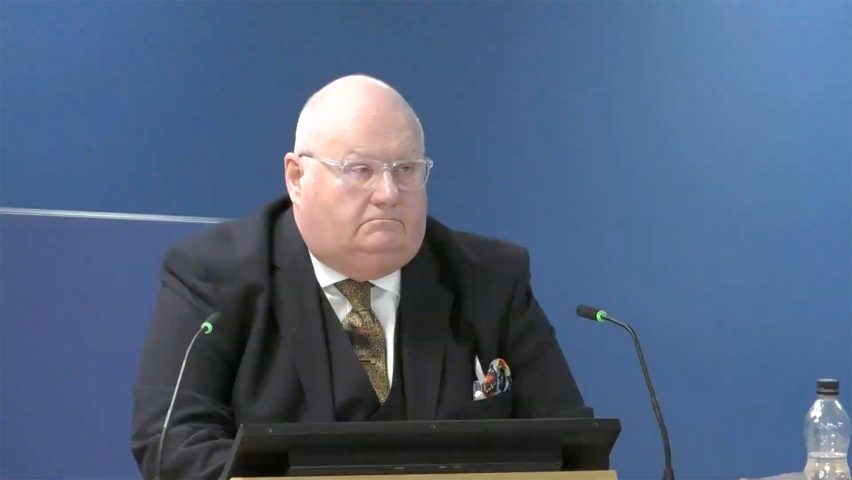
Senior politician denies deregulation agenda caused failure to review building codes before Grenfell
The most senior politician to appear at the inquiry into the deadly Grenfell Tower fire in London has insisted that his government's deregulation policies did not lead to a failure to update lax building codes ahead of the disaster.
Eric Pickles was secretary of state at the UK government's Department for Communities and Local Government (DCLG) – which presided over housing and building regulations in England – between 2010 and 2015.
During this time, the Conservative-Liberal Democrat coalition government under David Cameron was pursuing a deregulation agenda in the form of the "Red Tape Challenge" and "one-in, one-out", later "one-in, two-out", policies.
These were intended to reduce what ministers saw as excessive bureaucracy placing a burden on businesses and meant that for every new rule introduced, one – and later two – would need to be abolished.
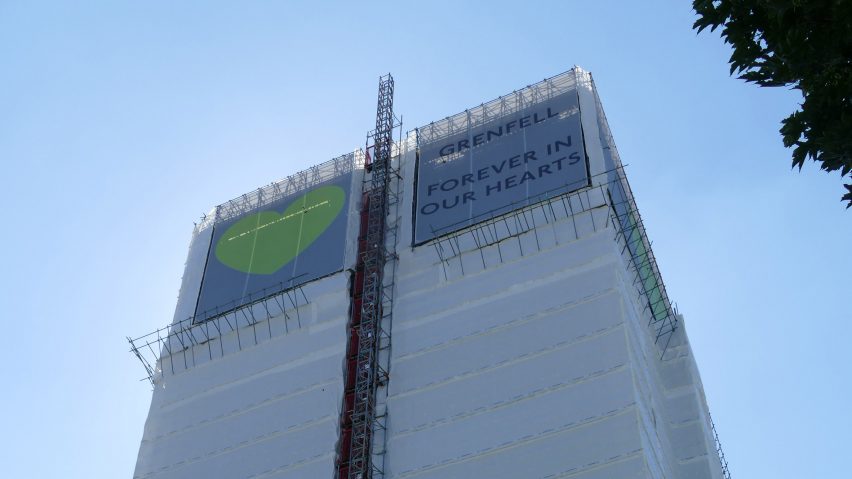
Four different civil servants have previously told the Grenfell Tower Inquiry that they understood these policies to apply to building regulations including Part B, which related to fire safety, and its accompanying guidance called Approved Document B (ADB).
"I find it utterly inexplicable. I am genuinely amazed," Pickles replied when asked under cross-examination this week how he did not know officials held this impression.
"One explanation, Lord Pickles, is that you were spectacularly out of touch with what was happening in your department," suggested inquiry lead counsel Richard Millett QC.
"I wouldn't come here to try and remove responsibility"
Pickles said that assertion was "unjust" because he was "utterly reliant on receiving good intelligence" from senior civil servants.
The former minister appeared to lose his composure when Millett posited that he was seeking "to underplay what was in truth an enthusiasm by your government for a deregulatory agenda which led to a complete absence of proper checks and balances so far as concerns life safety".
"I have to say, without getting too emotional, I swore on the bloody Bible – I swore on the Bible, I'm a Christian," Pickles said, banging the table. "I wouldn't come here to try and remove responsibility. These things are important to me."
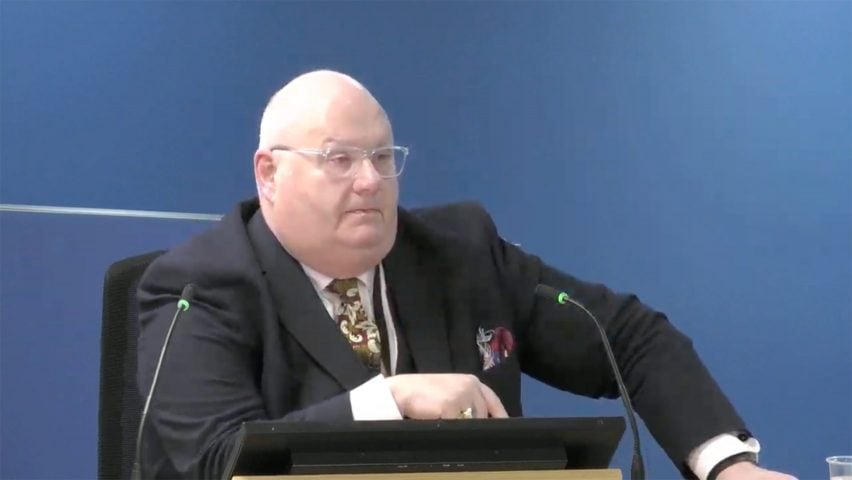
ADB is intended to advise architects, developers and contractors on how to comply with building regulations related to fire safety, including the spread of flames across external walls.
It has been the subject of intense debate since the Grenfell fire in 2017, with industry figures and experts disputing the government's claim that the document forbade the use of combustible cladding on high rises.
The flammable polyethylene-cored panels installed on Grenfell Tower have been identified by the inquiry as the "primary cause" of flame spread across the building.
Thousands of other buildings across the UK have been found to have combustible cladding on their facades since the disaster.
Pickles said he was never aware of concerns involving flammable cladding and found it "really shocking" when this became clear post-Grenfell.
"Nobody spoke to me about cladding directly, indirectly, formally, informally," he told the inquiry.
Concerns about ADB were raised with the government well before the Grenfell Tower fire.
In 2013, a coroner's report into the Lakanal House fire, a blaze in London in 2009 which claimed six lives where flames had spread outside the building, warned that ADB was "a most difficult document to use" and recommended that it be reviewed.
DCLG's response, signed by Pickles, said that a new edition of ADB would be published in 2016/17 – up to four years later.
But the work had barely progressed by the time of the Grenfell fire in June 2017, with preliminary research not published until 2019 amid repeated delays in getting ministerial sign-off.
Pickles told the inquiry that he wanted the review done "as expeditiously as possible" but that on the advice of officials felt "it wasn't immediately urgent to address and could wait for a comprehensive review".
He said evidence from civil servants that they believed even clarifying ADB would have been affected by the government's deregulation policies was "astounding" and that he would have thought this assumption "ludicrous" had he known about it at the time.
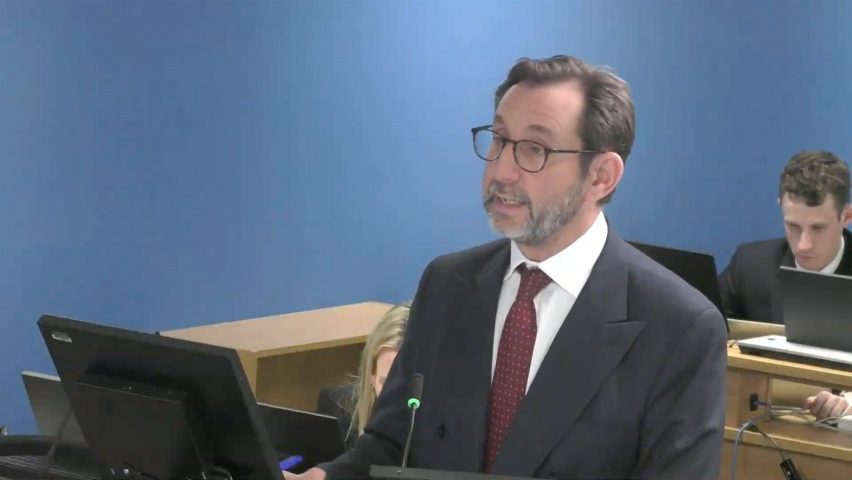
The inquiry has not seen any document which explicitly states that the building regulations, including those concerning fire safety, were exempt from the deregulation agenda.
Pickles argued that it was clear these codes were exempt because of his department's lobbying in 2011 to exempt another, separate set of fire regulations relating to building management rather than construction.
Building regulations team "in a bubble of their own"
He accepted that the government's failure to do more to learn from the Lakanal House fire and other blazes prior to Grenfell was his failure as secretary of state, adding: "The fact that I didn't know about it, that no one briefed me... is no reasonable excuse."
"I never felt the civil servants had let me down," Pickles later said. "But I have to say, my worries are considerable about the wellbeing of the building regulation department."
He suggested the building regulations team "appear to have been in a bubble of their own, unconnected to the political will or any kind of will within the department".
During his two days in the witness box, Pickles – who was made a peer in 2018 and is now the UK government's special envoy for post-Holocaust issues – caused headlines for other comments he made.
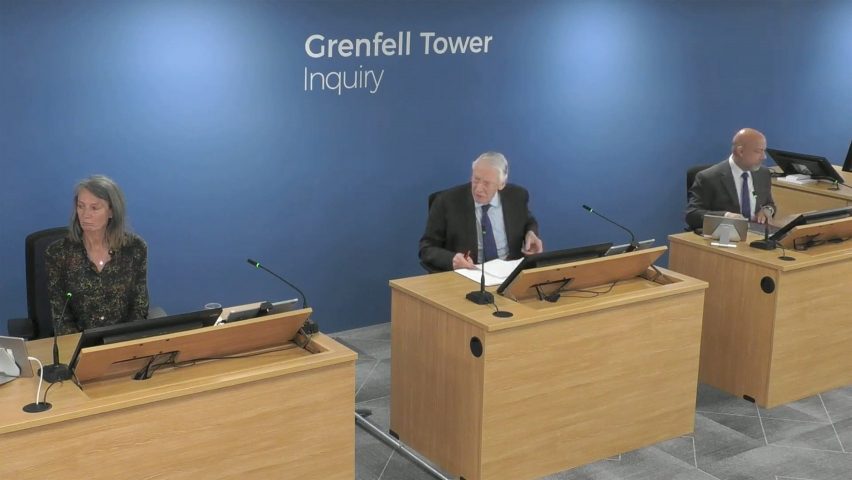
"Could I respectfully remind you that you did promise that we would be away this morning and I have changed my schedules to fit this in," he told Millett on Thursday morning, after appearing to become irritated with the evidence he was being questioned about.
"I do have an extremely busy day meeting people but this is more important than anything. But I would urge you to use your time wisely."
Pickles later cancelled his meetings and apologised for being "discourteous".
Towards the end of his evidence, he referred to "the nameless, I think it was 96 people who were killed in the Grenfell fire". Seventy-two people lost their lives to the disaster and all of them have been named.
"We are speechless. How dare he refer to our loved ones we lost that night as 'the 96 nameless'," said bereaved and survivors' group Grenfell United in response.
The end of Pickles' evidence brought to a close the inquiry's current module investigating the government's role in the build-up to the fire. It will now start to examine what happened in the aftermath of the disaster.
The inquiry has previously found "compelling evidence" that Grenfell Tower did not comply with building regulations. The building is set to be demolished.
The images are courtesy of the Grenfell Tower Inquiry.